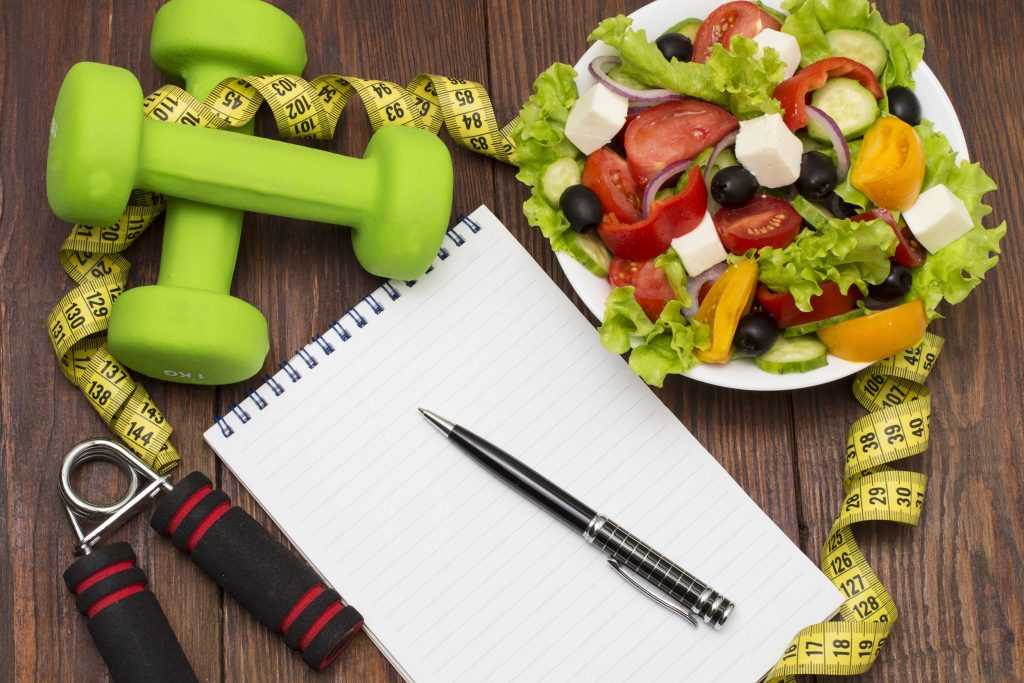What is sports nutrition?
Nutrition plays an important role in maintaining your overall health and wellbeing. Athletes have different nutritional requirements according to their performance goals and lifestyle. That’s why many athletes go to sports nutritionists to get personalized diet plans, which helps them in optimizing their performance.
Sports nutrition is a specialized field of dietitians that focuses on enhancing athlete performance and prevents injuries. Moreover, it also helps you in achieving your body composition and fitness goals.

How can a sports nutritionist benefit an athlete?
A sports dietitian has special knowledge about the nutrition needs of an athlete. In this way, he formulates diets that fulfill all his macro and mineral needs according to his sports and training programs.
Here are some ways through which a sports nutritionist can benefit an athlete:
Prevent gastrointestinal issues:
The gastrointestinal issues are common in endurance athletes, such as long-distance runners who commonly suffer from stomach discomfort during competition and running. Common signs are heartburn, nausea, bloating, diarrhea, and vomiting. It is vital to get some experts to develop a strategy that can help in reducing these symptoms.
Recovery challenges:
Recovery nutrition is mandatory for every athlete, which helps in restoring energy and nutrients that are depleted during competition and training. It depends on several factors such as the number of training sessions, duration of the training, and an athlete’s body composition. The main goal of recovery nutrition is to repair and refuel your body muscles and replace body fluids. A lack of the right recovery nutrition plan can also reduce the performance of an athlete.
A sports dietitian makes an appropriate recovery plan for you that includes fluid, electrolytes, carbohydrates, and protein. All these food components help you in rehydrating, refueling, and refreshing your body.
Helps in preventing dehydration:
Even mild dehydration among and elite or recreational athletes can make them fail in their chosen sport. About 2 percent of fluid loss during a training session can affect your performance. Dehydration can also enhance the risk of several health problems such as fainting and nausea.
To avoid all these problems, your dietitian maintains your hydration level according to your work type. And sometimes recommend electrolytes with simple water.
In conclusion:
A sports dietitian can play a promising role in enhancing your performance, endurance, and recovery time as he provides you with a meal plan, which meets all your nutritional needs.
References:
Shattuck, D., 2001. Sports nutritionists fuel the competitive edge. Journal of the American Dietetic Association, 101(5), pp.517-518.
Kalman, D.S. and Campbell, B., 2004. Sports nutrition: what the future may bring. Journal of the International Society of Sports Nutrition, 1(1), pp.1-6.
Clark, N., 1986. Chart notes from a sports nutritionist. The Physician and sportsmedicine, 14(2), pp.77-85.